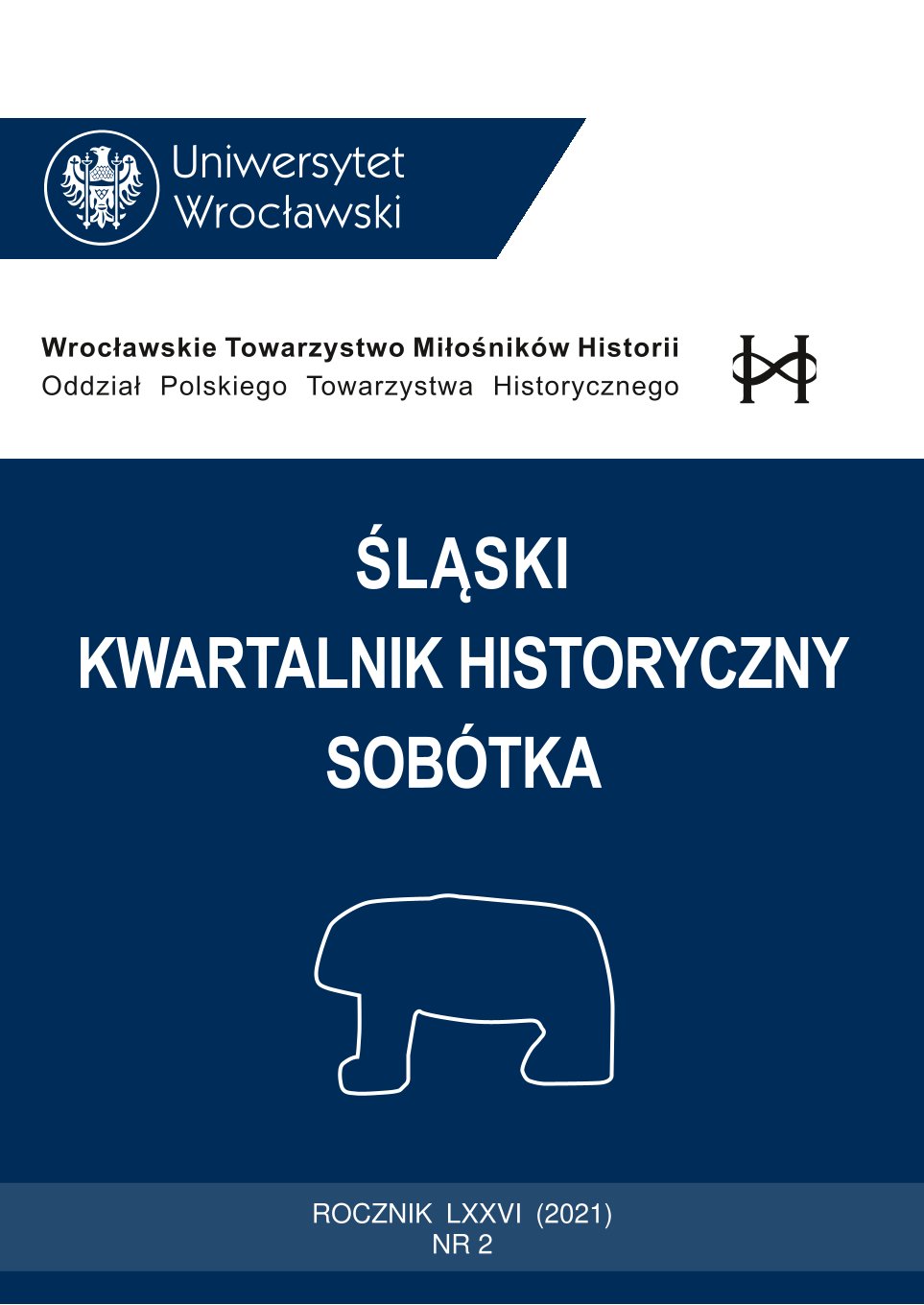Wokół „kompleksu wypędzenia”. Polska debata historyczna w pierwszej dekadzie po przełomie w stosunkach bilateralnych
On the „expulsion complex”. Polish historical debate in the first decade after the breakthrough in bilateral relations
Author(s): Małgorzata RuchniewiczSubject(s): History, Political history, Social history, Recent History (1900 till today), WW II and following years (1940 - 1949), Post-War period (1950 - 1989), Transformation Period (1990 - 2010)
Published by: Wydawnictwo Uniwersytetu Wrocławskiego
Keywords: forced migrations in the 20th century; historical debates; Polish–German relations in the 20th century; flight and expulsion of Germans 1945-1948
Summary/Abstract: The political breakthrough in Polish–German relations in 1989/1990 resulted in sparking discussion on important issues concerning the bilateral relations in the 20th century. Among these issues was also the problem from the broader field of forced migrations in Europe in the 20th century – the flight, expulsion and displacement of Germans from the lands incorporated into Poland in 1945. Research on this problem in Poland and divided Germany, limited by political factors in the first 40 postwar years, could be undertaken in full extent and in collaboration only after the fall of communism. The efforts of historians and scholars from other fields of humanities were accompanied by a vivid debate among the general public, for which in the 1990s the press was an active forum (a documentation of this debate has been published). Until the beginning of the 21st century this issue was not only discussed during Polish–German academic conferences, but also several scholarly analyses and source collections have been published, which form the foundation of this part of Polish historiography until the present day (the most important were published also in German). The topic was explored with the broader European context often being emphasized – other migrations of this kind during and after the war were referred to. Particular attention was paid to the experiences of people forced to leave their homeland. Underlying both the research and the public debate in Poland were also moral motivations– the necessity to confront oneself with the harm suffered by the others. However,the assessment of the social resonance of these efforts is not unambiguous. Indeed, the taboo which this topic had been in Poland has been broken, but the researchers achieved only limited success in disseminating their findings among the general public. Progress in the research has not eliminated the possibility of instrumentalizing history in current Polish–German relations (the disputes about the Center Against Expulsions and about the reparations and compensations).
Journal: Śląski Kwartalnik Historyczny Sobótka
- Issue Year: 76/2021
- Issue No: 2
- Page Range: 143-173
- Page Count: 31
- Language: Polish

